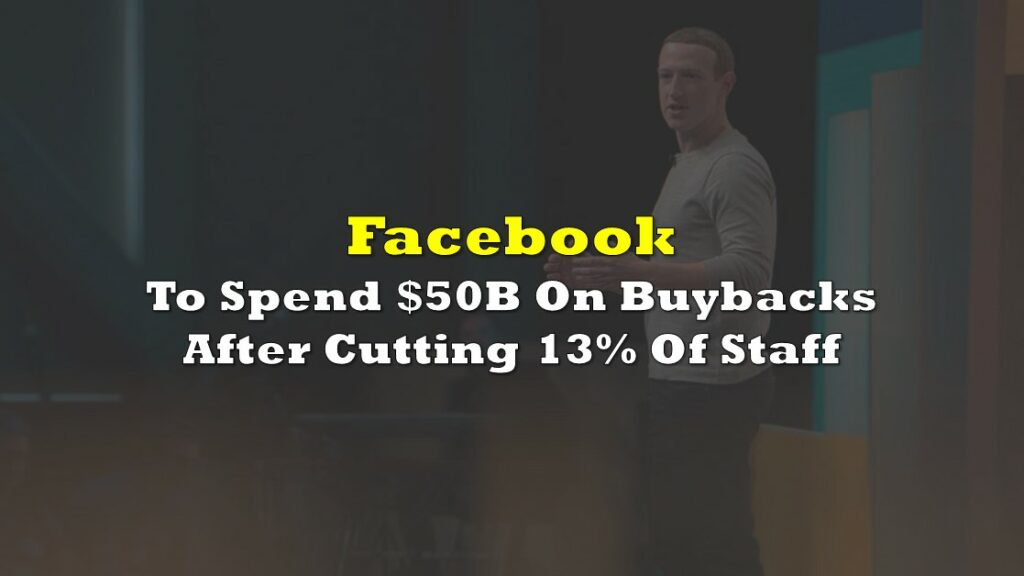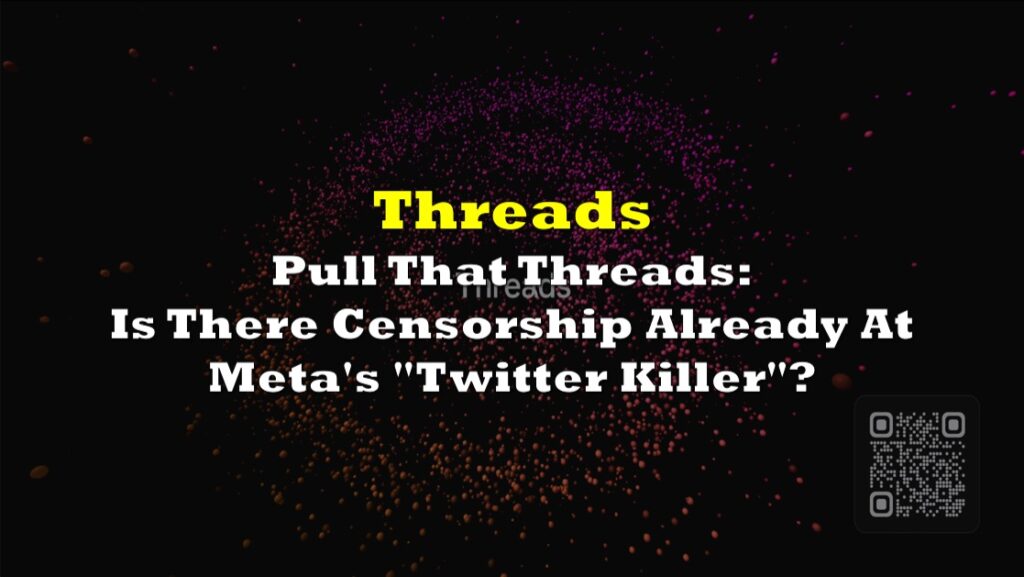Lots of hand wringing in the corporate media as bill C-18, The Online News Act, freshly passed by the House of Commons, does a likely final circuit around the Standing Senate Committee on Transport and Communications, who will likely sand off the edges and make it a law that defines the Canadian media landscape for the foreseeable future.
The Deep Dive was all over this a few weeks ago on our Youtube channel, but for those of you who missed it, or want the short version, Bill C-18 is the government trying to get Facebook, Google and the like to subsidize canadian newspaper companies so that they don’t have to.
The bill, at this stage, would make tech co’s something like record labels, and force them to cut a deal with Canadian news outlets that pays them some kind of residual or royalty when their links are shared, or a flat rate to green-light all links.
The Canadian government has a strong, decades-old institutional relationship with news companies like Postmedia and TorStar, which are generally in the habit of advancing government interests and agendas, and keeping electoral politics in two or three neat, orderly lanes.
When Facebook burst onto the scene and started weakening smaller Canadian newspaper chains, the two largest news outlets (TorStar and Postmedia) bought them up, only to watch the regional papers quickly become weaker, less relevant, and more dependant on the content shares generated through Facebook, which quickly became a much bigger problem.

By the end of the 2010s, Facebook had become the medium that the news was carried in, the same way newspapers were before the internet, commanding all the attention and ad dollars, and making the small and large papers bit players on their stage.
Those purchases had TorStar and PostMedia practically broke, and in need of more corporate welfare than they usually get from big government ad campaigns that warn of the dangers of trans fats or whatever.
They got it in a major way. The government introduced a Canadian Journalism Tax Credit, that amounted to the Feds taking on 1/4 of the payrolls of all of the Canadian news companies that were big enough to qualify.

Between Canadian Journalism Tax Credit, the Digital Media Tax Credit, and COVID-19 subsidies,
the government pretty much paid for $130 million worth of impairment and restructuring expenses that Postmedia bled out making bad bets buying smaller papers.

TorStar was taken private in 2020 so we don’t even know how much pandemic loot it got, but through 2019, government handout revenue amounted to about as much as the cost of operating the papers.
Small, independent Canadian news organizations like The Deep Dive didn’t see any of that money, and companies like The Globe and Mail started to use their 25% government discount on labour to poach all the talent, and put it to work on mediocre podcasts.
Now, six years later, carrying 1/4 of the news media’s payroll while the tech lords that put them on the ropes rake it in from another tax jurisdiction is starting to get on the government’s nerves. So they wrote a bill that is meant to soon become a law that says: If Facebook and Google are going to suck the commercial viability out of the news business that carries our water, let them kick down the subsidies. Lord knows they can afford it.
Whichever desk in the Meta Platforms (NASDAQ: META) basement is responsible for Canada’s 1.9 million Facebook users is presently representing the intention to mount a counter offensive. It’s telling the Senate: “Our Facebook works just fine without your news. Pay your own propaganda apparatus. Australia had the brains to leave us out of their version of this, and you do NOT want to end up looking stupider than Australians!”
Is Meta Bluffing?
It could be that they need the news content more than they’re letting on. Trying to share a story about last night’s hockey game and being met with “Sorry. We’re too cheap to pay to let you share this here,” would sure make for a crappy user experience, and would probably cost them an unknown amount of engagement.
People like news, and want to read it. If they can’t get it on Facebook, they’ll seek it elsewhere. But at this late but formative phase of the legislation, there’s no reason for Facebook to play ball. If the legislation passes and it needs to make a deal with newscos to keep its users, it will. If it doesn’t, it won’t. Digging its heels in now is the move, either way.
Overplaying the hand?
The worst outcome for the government, and one that it might not be taking seriously enough, is the rise of a truly autonomous and independent press. The bill takes care to lay out eligibility rules that keep small outlets that don’t have the capital or income to carry a full time reporting staff just as ineligible for Facebook distribution deal money as they are for government money.
Ultimately, the government is either going to call Meta’s bluff and make them cut deals with the qualifying news outlets, or fold and keep the subsidies going. The unconsidered wildcard here is the readers.

Popular distaste for corporate media is strong and growing at roughly the same pace as popular resent of Facebook. There is undoubtedly a news-consuming public of some size that welcomes well-produced, intelligent content, beholden to nobody. Right now, with funding models in flux, and Facebook threatening to box out anything the government might eventually make them pay for, it’s indy media’s chance to show the readers what it’s made of.
The Deep Dive has been bringing you ad-free coverage of the housing market, macro-economics, micro economics, cannabis, financial scams, financial scammers, the resource market, and our Nazi finance minister since 2017.
We’re funded by our sponsor companies, who commission stories about themselves and their industries that we consider a lot more effective and less tacky than pop-up ads or auto-roll videos. You can read them if you like, but if you ignore them and stick to the news we’re just as happy to have you.
We don’t know anything about whether the Dive of the future will available on Facebook or not, or whether they’ll pay us for the Deep Dive content that their users share, because that’s all beyond our control.
But we guarantee that you’ll always be able to get fresh, original stories at thedeepdive.ca, ad free, and for free. Add us to your bookmarks, because we push about a dozen stories a day about all sorts of great stuff. Subscribe by email if you want to get the digest.
Thanks for reading!
Information for this story was found via company filings, and the sources mentioned. The author has no securities or affiliations related to the organizations discussed. Not a recommendation to buy or sell. Always do additional research and consult a professional before purchasing a security. The author holds no licenses.









